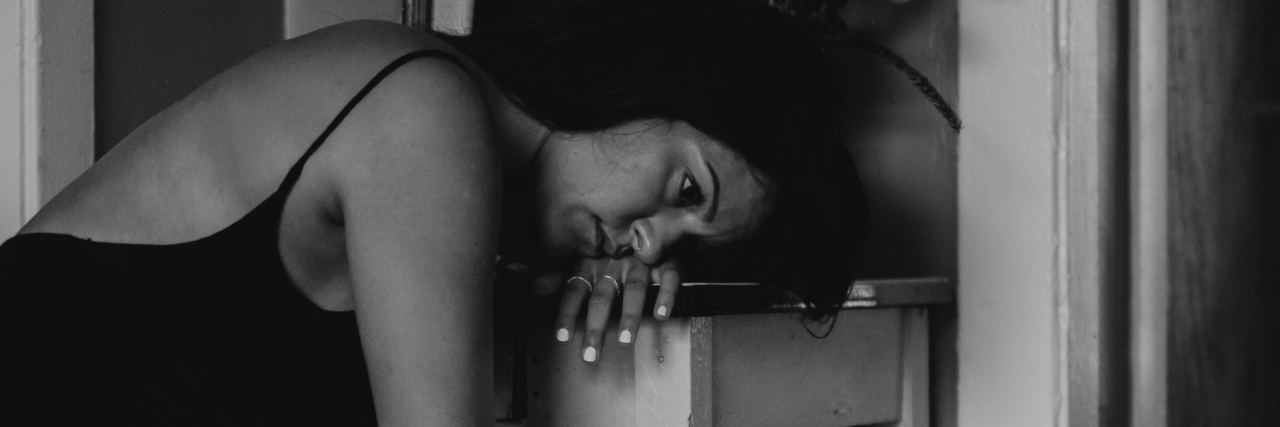Anyone who struggles with mental illness might know that living with these beasts comes with many ups and downs. There are some days when I’m almost OK, when I feel like I am managing. Sometimes I even feel like this for a couple of weeks and I think about how much better I feel.
Then, all of a sudden, something comes up and my mental health takes a dip. When this happens, it’s incredibly discouraging. I wonder why I am having flashbacks, again. I wonder why I have had three panic attacks in the past week. I am frustrated that getting out of bed is hard yet again. Suddenly it seems like all of the progress I made is being undone. I start to wonder if things were ever better and if I will ever be OK. It does not take much for the discouragement to feed into the mental illness, and suddenly I’m back to not wanting to leave my apartment or deal with life.
There are a number of things that can help with this discouragement. These don’t fix the underlying mental illness or take away the frustration, but they might be helpful for making it through the low points.
1. Breathe and don’t panic. Remember you’ve been here before and it has gotten better before. You have dealt with these monsters and you have found light at the end of the tunnel. You absolutely will again.
2. Remember recovery is not “all or nothing” and it is not a straight line. I like to think of it as a rollercoaster where the destination is “up” from where you started. There are plummets that throw your stomach into your mouth and there are loops that flip you upside down and there are twists and turns that leave you clinging on for dear life. All of these absolutely terrifying moments are all part of the journey. They are not necessarily setbacks, just part of the process.
3. Go back to basics. Do you need to adjust your meds? If it feels like they are not working quite right, make an appointment with your prescribing provider. Make some extra appointments with your therapist to help you process what’s going on. Make sure you are getting enough sleep and that it is restful. You can even make your own checklist of things to consider if your mental health takes a dive.
4. Focus on self-care. This is the best time to put on those fuzzy socks and sweatpants, drink your favorite beverage, walk outside, do some yoga and meditation, and just focus on nurturing yourself. It can make the process much more manageable
5. Surround yourself with people who love you and are safe for you to be around. This is the time to reach out to your friends and ask for some encouragement, or invite them over to watch a movie on the couch. Focus on the safe people and wait until you’re feeling better to spend time with anyone you might have a strained relationship.
6. Remind yourself over and over again that you will feel better again. Look back at how far you have come and see the progress you have made. Yes, you may be struggling more now than you were a couple of weeks ago, but you are not back at square one. You will start to feel better again. In the meantime, hang on and remember that this will pass.
We want to hear your story. Become a Mighty contributor here.
Unsplash photo via Misael Nevarez

